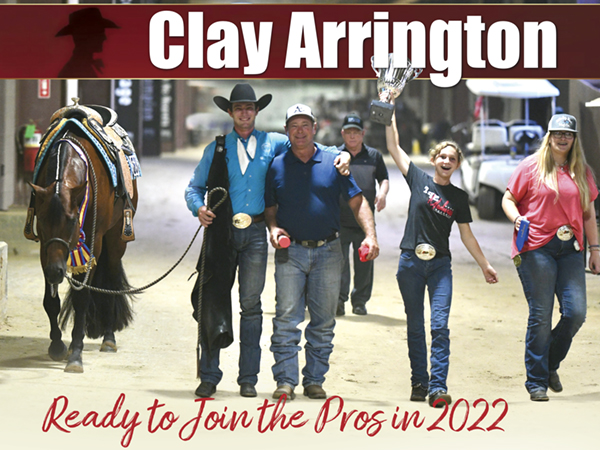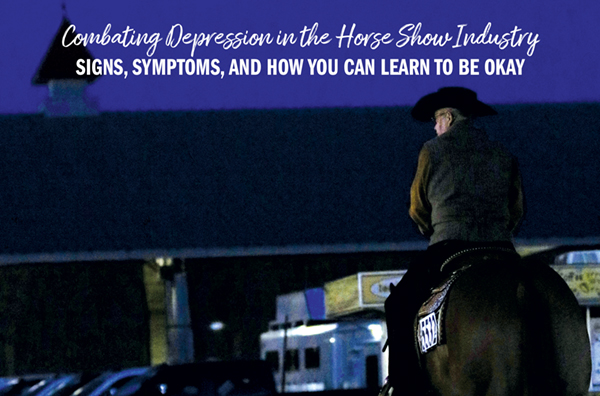10 Things You Might Not Know About Equine Neurology
January 17, 2022 Comments Off on 10 Things You Might Not Know About Equine Neurology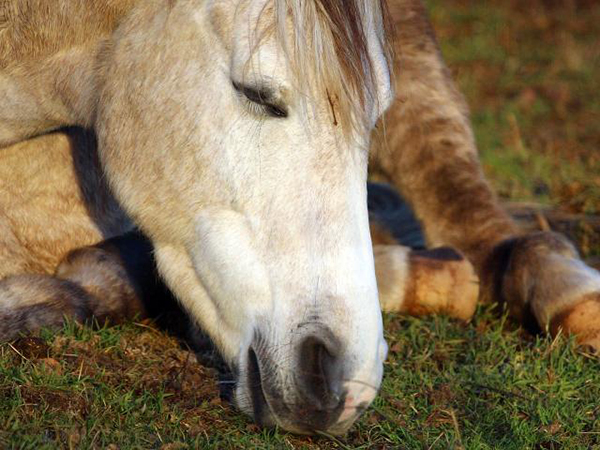
7. Horses that become drowsy and “catch” themselves before falling often suffer from sleep deprivation, not narcolepsy. Although horses can famously “sleep standing up,” they have to lie down to complete a full sleep cycle.
Continue reading …New Book Offers a Look into the World of Quarter Horse Competition
January 14, 2022 Comments Off on New Book Offers a Look into the World of Quarter Horse Competition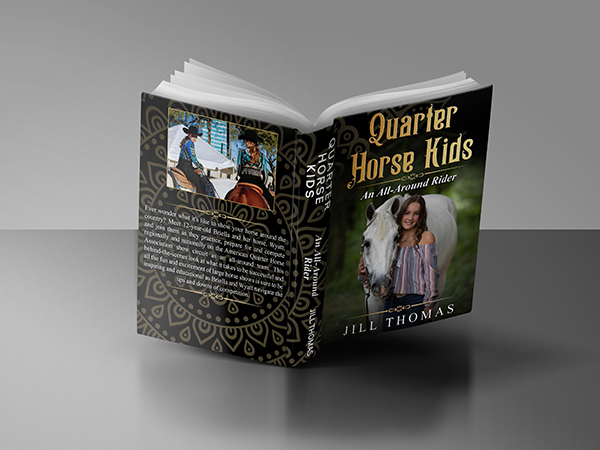
“I didn’t want the book to be a how-to manual or a horse care book. I specifically wanted it to be a look into the AQHA horse show world, and I hope that’s what I’ve done.”
Continue reading …Do You Know the 1-2-3 Post-Foaling Rule?
January 13, 2022 Comments Off on Do You Know the 1-2-3 Post-Foaling Rule?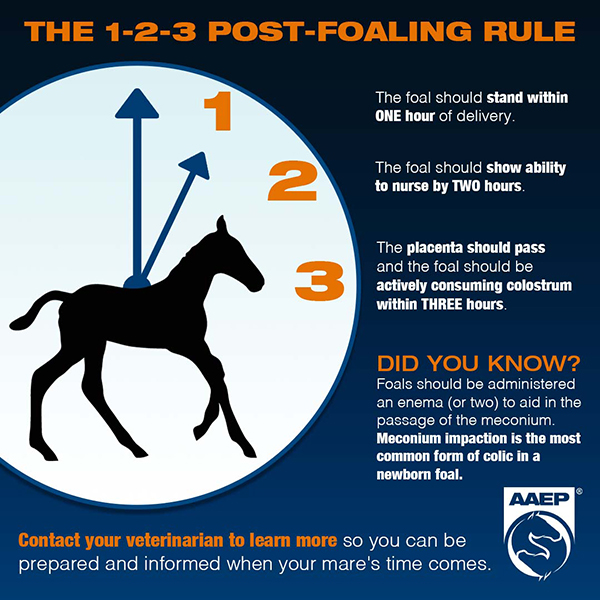
Are you ready to assist your broodmare when her time comes? Here are some tried and true guidelines to remember during foaling.
Continue reading …Florida Gold/Gulf Circuit Wrap Up- 25,000 AQHA Entries
January 12, 2022 Comments Off on Florida Gold/Gulf Circuit Wrap Up- 25,000 AQHA Entries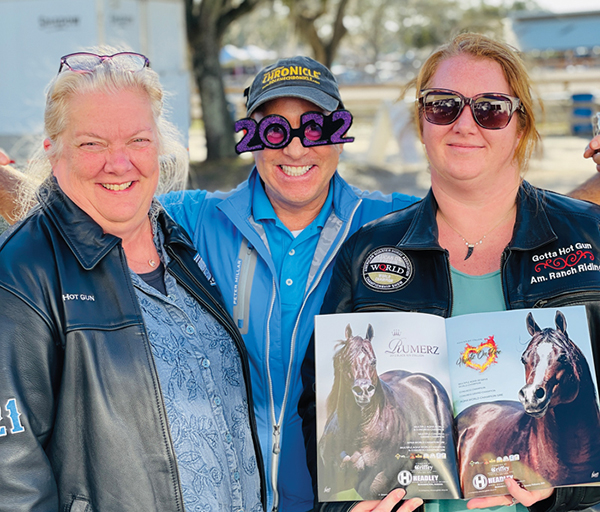
The two circuit event that consists of the Florida Gold Coast and Florida Gulf Coast draw exhibitors from around the country to the sunny weather, beautiful fairgrounds, and family-friendly area attractions.
Continue reading …Futurity Programs Aplenty – Are We Spreading Ourselves Too Thin? Or is More Choices Better?
January 11, 2022 Comments Off on Futurity Programs Aplenty – Are We Spreading Ourselves Too Thin? Or is More Choices Better?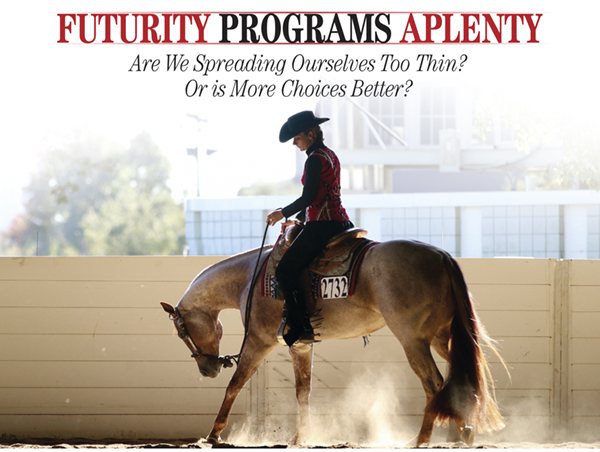
There are so many futurity and incentive programs these days: NSBA, BCF, Breeders Halter Futurity, WCHA futurity, Premier Sires, APHA Breeders Halter futurity, Super Sires, Southern Belle Breeders, and many more. Are there too many, and is the overwhelming number diluting the industry? Or do exhibitors and breeders feel they finally have the choices they need for greater diversification?
Continue reading …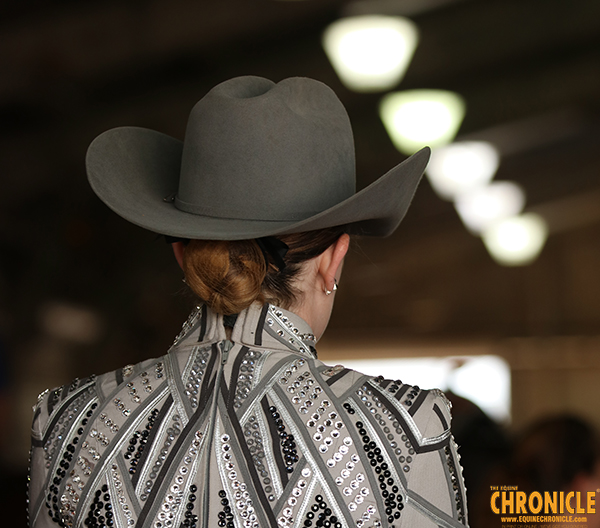
This time of year is the perfect opportunity to reflect on the previous show season- to think about how much you’ve grown and to evaluate your strengths and weaknesses as an equestrian athlete.
Continue reading …From Oregon to Texas – McCulloch Training Stables relocates to the Lone Star State
January 9, 2022 Comments Off on From Oregon to Texas – McCulloch Training Stables relocates to the Lone Star State
There’s no denying the majesty and natural beauty of the Pacific Northwest. With four mountain ranges, swift flowing rivers, plains, plateaus, and a dramatic coastline, it’s a special place. It’s also more than a 20-hour drive to most major horse show venues, and averages 43 inches of precipitation spread out over 7-8 months of each year. These were factors Shannon McCulloch and her husband, Tom Bacon, weighed carefully before making the decision to partner with fellow Oregonians, Molly and Maria Salazar, to purchase the former Equine Salt Water Therapy Ranch in Pilot Point, Texas.
Continue reading …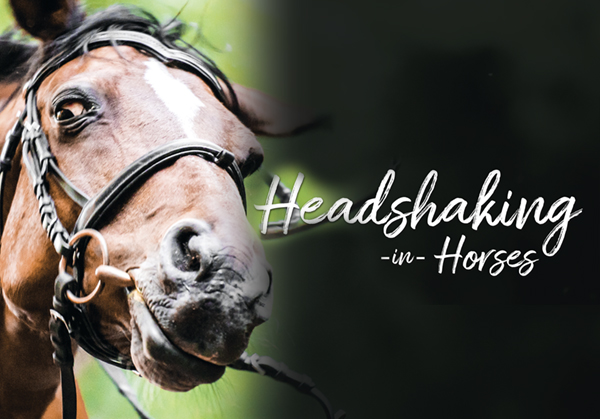
Headshaking syndrome in horses is a sign of disease rather than a disease itself. There are multiple causes, and several veterinarians have done studies to explore the causes and find ways to treat them. Headshaking generally comes on suddenly—in a horse that has never done this before—then continues to occur sporadically.
Continue reading …








